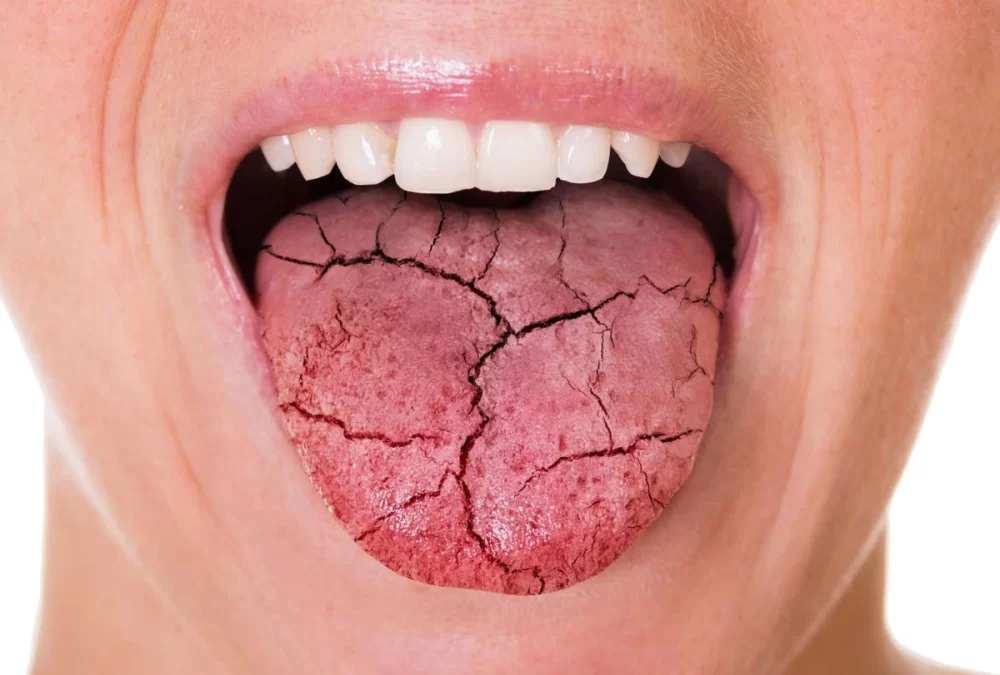
- Understanding Dry Mouth in Diabetes
- Causes Behind Diabetes-Related Dry Mouth
- Practical Approaches to Treat Dry Mouth
- Lifestyle and Dietary Tips to Manage Symptoms
- Professional Care and Recommended Products
Understanding Dry Mouth in Diabetes
Living with diabetes often involves navigating various complications, and one commonly overlooked issue is dry mouth, medically known as xerostomia. Dry mouth caused by diabetes can severely impact a person’s quality of life, leading to difficulties in speaking, eating, and increased risks of dental problems like cavities and infections. Understanding why dry mouth occurs in diabetic patients is crucial for effective management.
The impact on daily life
Imagine waking up every morning with a sticky, uncomfortable sensation in your mouth, struggling to swallow or taste food properly. For many people with diabetes, this is a daily reality. The lack of adequate saliva not only causes discomfort but also disrupts oral balance, making the mouth vulnerable to bacterial growth.
Why saliva matters
Saliva plays a vital role in maintaining oral health. It helps neutralize acids, remineralize teeth, and wash away food particles. When diabetes causes reduced saliva production, the mouth becomes a hostile environment prone to decay and inflammation.
Causes Behind Diabetes-Related Dry Mouth
Several factors contribute to dry mouth in diabetic individuals. The underlying high blood sugar levels, medication side effects, dehydration, and nerve damage all intertwine to reduce saliva flow.
High blood sugar and its effects
When blood sugar remains elevated, the body tries to eliminate excess glucose through increased urination, which can cause dehydration. Dehydration directly reduces saliva production, leading to persistent dryness. This cycle makes managing blood sugar levels essential in addressing dry mouth symptoms.
Medication and neuropathy
Many medications used to treat diabetes or related conditions have dry mouth as a side effect. Additionally, diabetic neuropathy, which damages nerves controlling salivary glands, can further reduce saliva secretion.
Practical Approaches to Treat Dry Mouth
Addressing dry mouth caused by diabetes requires a combination of medical management and daily care strategies. Here’s a detailed look at effective treatments:
Hydration as the first step
Keeping well-hydrated is fundamental. Regular sips of water throughout the day help maintain moisture in the mouth. Avoiding caffeinated or alcoholic beverages, which can dehydrate, is equally important.
Stimulating saliva production
Chewing sugar-free gum or sucking on sugar-free candies can stimulate saliva glands. Products containing xylitol not only encourage saliva flow but also protect against cavities.
Use of saliva substitutes
Over-the-counter saliva substitutes and mouth sprays can provide temporary relief. For severe cases, doctors may prescribe medications that promote saliva production, such as pilocarpine.
Lifestyle and Dietary Tips to Manage Symptoms
Adjusting lifestyle and diet can make a significant difference in managing dry mouth symptoms:
Balanced blood sugar control
Maintaining stable blood glucose levels is key to reducing dry mouth severity. Regular monitoring and following your healthcare provider’s advice help keep symptoms in check.
Diet choices
Avoid overly salty, spicy, or sugary foods that can irritate the dry oral mucosa. Incorporate foods with high water content, such as cucumbers and watermelon, to help hydrate from within.
Oral hygiene vigilance
Dry mouth increases the risk of tooth decay and gum disease, so meticulous oral hygiene is crucial. Brushing twice daily with fluoride toothpaste and using antimicrobial mouth rinses can protect your mouth.
Professional Care and Recommended Products
Sometimes, home care isn’t enough, and seeking professional advice is necessary. Dentists specializing in diabetic oral health can offer tailored treatments.
Regular dental visits
Frequent dental check-ups enable early detection of complications caused by dry mouth. Professionals can recommend customized oral care plans, including fluoride treatments and specialized cleaning techniques.
Recommended resources from Dentistry Toothtruth
For those looking for trusted products and expert advice, Dentistry Toothtruth offers a curated selection of items designed to alleviate dry mouth symptoms. From moisturizing gels to specialized oral care kits, their recommendations are backed by dental professionals, ensuring quality and effectiveness.
Real-life experience
Take Sarah’s story, a diabetic patient who struggled with severe dry mouth for years. After incorporating saliva substitutes and following a stricter hydration and oral care routine recommended by her dentist, her symptoms improved drastically. Stories like Sarah’s highlight the importance of personalized care and consistent management.
By understanding the causes and applying comprehensive treatment strategies, those affected by diabetic dry mouth can regain comfort and protect their oral health effectively.







 Main Street Dental Center City: Dr. Richard Eidelson4.0 (119 review)
Main Street Dental Center City: Dr. Richard Eidelson4.0 (119 review) Shore Smiles 4 Kids5.0 (21 review)
Shore Smiles 4 Kids5.0 (21 review) Laura E. Davies, DDS4.0 (2 review)
Laura E. Davies, DDS4.0 (2 review) TMJ and Sleep Therapy Centre of Chicago, LLC3.0 (17 review)
TMJ and Sleep Therapy Centre of Chicago, LLC3.0 (17 review) Sean O'Dell, DDS, MS0.0 (0 review)
Sean O'Dell, DDS, MS0.0 (0 review) BrismanDental4.0 (132 review)
BrismanDental4.0 (132 review) The Importance of Oral Health Education During Pregnancy for a Healthy Pregnancy
The Importance of Oral Health Education During Pregnancy for a Healthy Pregnancy Best Tips for Brushing Your Teeth Properly for Healthy Gums: Essential Techniques for Oral Health
Best Tips for Brushing Your Teeth Properly for Healthy Gums: Essential Techniques for Oral Health Why Skipping Dental Checkups Can Lead to Bigger Oral Health Problems
Why Skipping Dental Checkups Can Lead to Bigger Oral Health Problems Advantages of Porcelain Dental Restorations
Advantages of Porcelain Dental Restorations How Can Diabetes Cause Tooth and Gum Problems? Preventing and Managing Oral Health Issues
How Can Diabetes Cause Tooth and Gum Problems? Preventing and Managing Oral Health Issues Healthy Habits for Promoting Good Oral Health and Hygiene: Tips for a Healthy Smile
Healthy Habits for Promoting Good Oral Health and Hygiene: Tips for a Healthy Smile